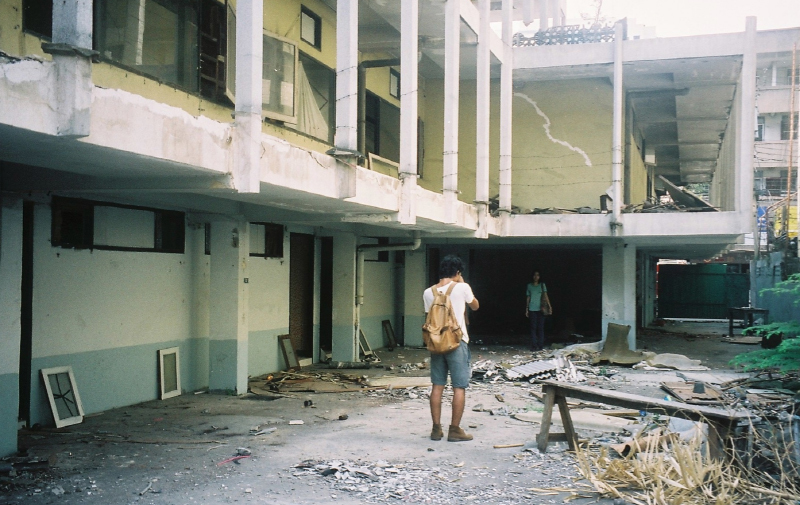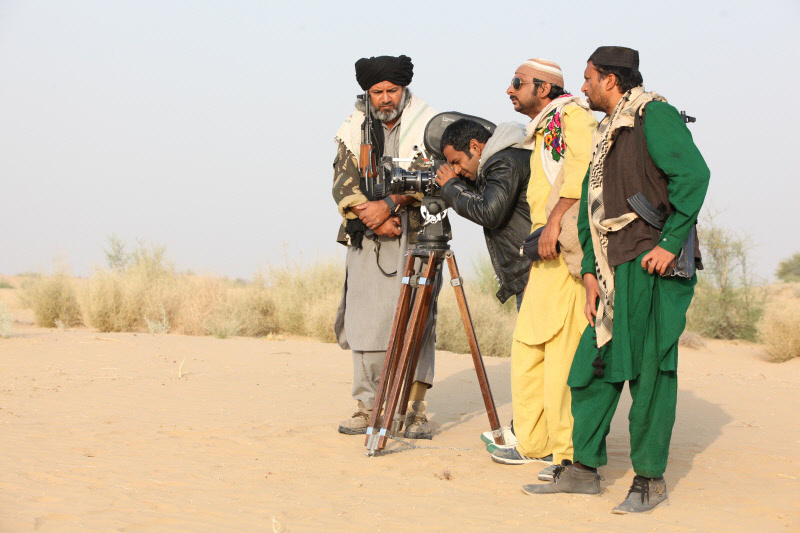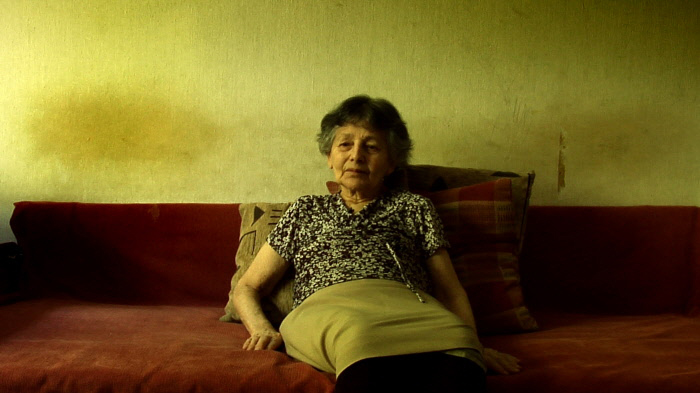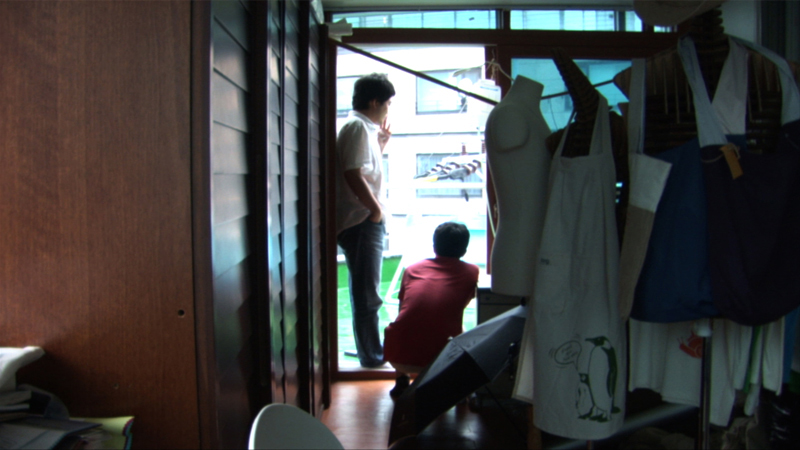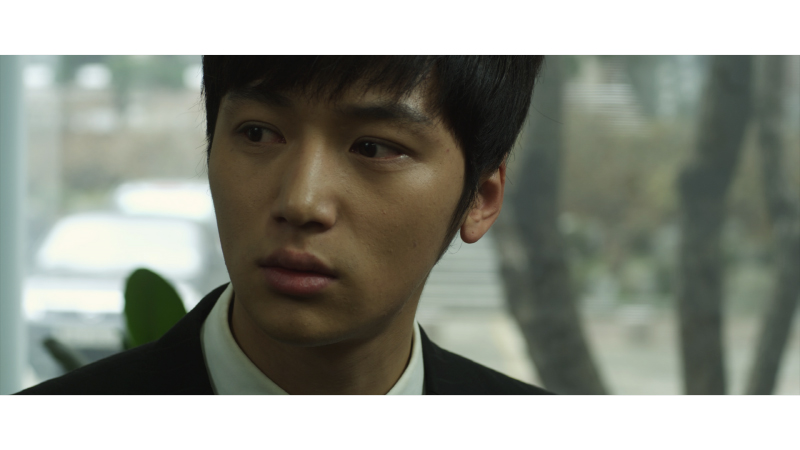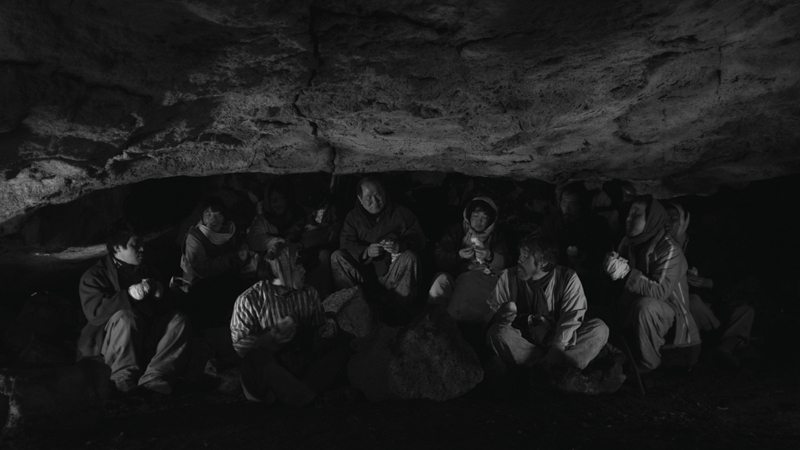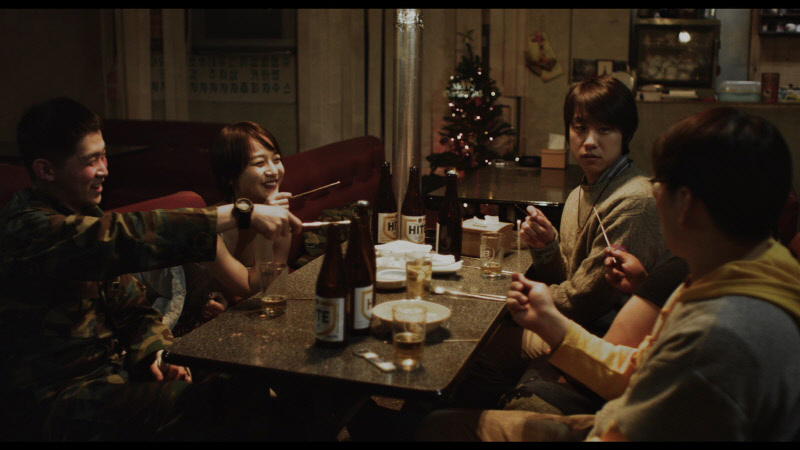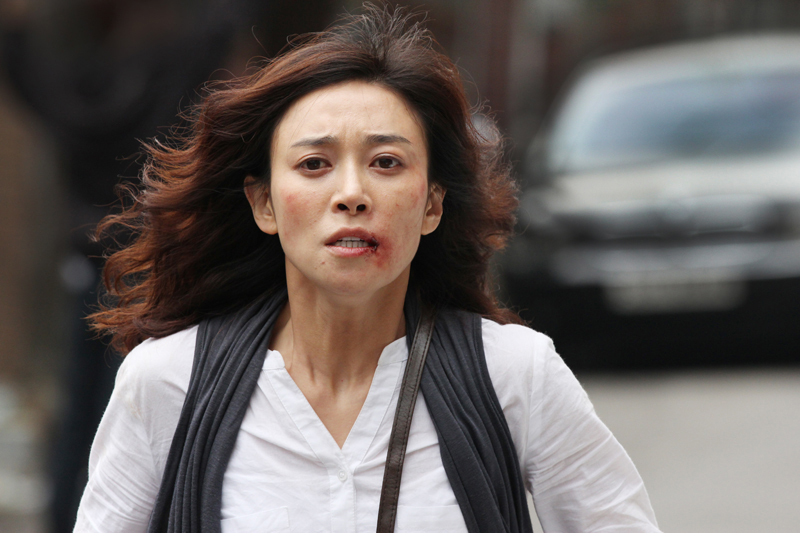Main menu
History
New Currents Award
New Currents Award is given to the two best feature films selected from the first or second feature of new Asian directors introduced in the New Currents section (a competitive section of BIFF for Asian films). A grand prize of USD 30,000 is awarded to each film. The jury consists or world-renowned film experts who will choose winners to discover and encourage the hidden jewels of Asian cinema.
Flash Forward Award
Newly created in 2009, the Flash Forward Award is presented to the best film among those screened in a competitive section, Flash Forward. A grand prize of USD 30,000 will be awarded to the winner. The Flash Forward introduces the first or second works of non-Asian directors and searches for new cineastes beyond Asian countries.
BIFF Mecenat Award
BIFF Mecenat Award is granted to the best documentary from Korea and Asia in Wide Angle competitive section. The winner will be granted KRW 10,000,000(approx. USD 10,000) with the purpose of assisting their next production.
Sonje Award
Sonje Award is given to the best Korean and Asian short films in the Wide Angle section, to assist them in producing next project by providing KRW 10,000,000(approx. USD 10,000) to each director.
NETPAC Award
This award is given to the year’s best Korean film from either New Currents or Korean Cinema Today Vision section. NETPAC is an international organization founded in 1990 devoted to the expansion of Asian film distribution and screening.
FIPRESCI Award
The FIPRESCI Award is awarded to well-made works that reflect its experimental and progressive spirit, among those presented in the New Currents section.
KNN Award
This award is given to the film that gained most acclaim from festival audiences, among the films introduced in the New Currents section. The award is granted by KNN foundation and its winner is awarded USD 20,000.
Citizen Critics’ Award
Citizen critics from the Busan Cinematheque choose the best film from those screened in Korean Cinema Today-Vision section and its director is granted the award. The winner is awarded KRW 10,000,000 (approx. USD 10,000) for supporting the director’s next production.
Busan Cinephile Award
This award is given to the best world documentary film presented in the Wide Angle documentary showcase. The jury consists of college students, including 70 students from the cinema-related departments of 7 universities in Busan region.
DGK Award
DGK Award is presented to the selected films in Korean Cinema Today-Vision section to their directors, actors and actresses. The prize for the best director is KRW 10,000,000 (approx. USD 10,000) and the winning actor and actress will receive KRW 2,500,000 (approx. USD 2,500) each.
CGV Movie Collage Award
This award was created in 2011 in collaboration with CJ CGV Movie Collage to shed a light on the Korean Cinema Today Vision. The award aims to provide independent films, indie films, new films, and low budget films with distribution and screening opportunities.
The Asian Filmmaker of the Year
This award is granted to the Asian filmmaker who has made the most significant contribution to the advancement of Asian film industry and culture throughout the year.
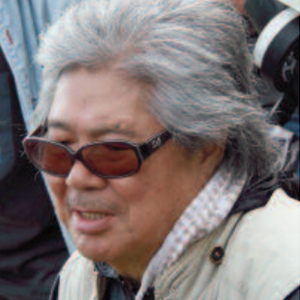
WAKAMATSU Koji
For the past 50 years, WAKAMATSU Koji has been the most controversial filmmaker in Japan. He has directed various genres, from pink films to extremely political films, leading the Japanese Cinema of the 1960s. Wakamatsu has become the leading anchor of the Japanese independent film industry who has insisted on low-budget independent film production since his debut in 1963. His filmography continues as a director, as well as a producer, who has produced controversial films like In the Realm of the Senses (1976) by Oshima Nagisa, Dutch Wife in the Desert (1965) by Atsushi Yamatoya, and The Red Army/PFLP: Declaration Of World War (1971) by Adachi Masao. This year, at the youthful age of 76, Wakamatsu completed three masterworks in a row – 11.25 The Day He Chose His Own Fate, Kaien Hotel in Blue, and The Millennial Rapture – and surprised the global film industries. In 2008 he won NETPAC and CICAE at the 58th Berlin International Film Festival with United Red Army. Caterpillar (2010) also won the Silver Bear at the 60th Berlin International Film Festival.
Korean Cinema Award
This award is granted to a notable figure that has made significant contribution in promoting Korean cinema worldwide.
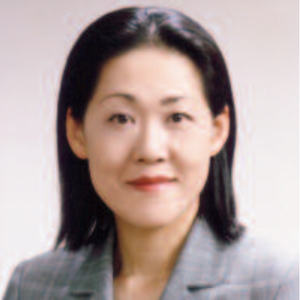
HAYASHI Kanako
Hayashi Kanako, festival director of the Tokyo FILMeX, has played a crucial role to introduce Korean Cinema to the Japanese public. Many Korean films have been promoted at the Tokyo FILMeX through her efforts. Song Il-Gon’s Flower Island (2001) won the Grand Prize at the 2001 Tokyo FILMeX and his Spider Forest (2004) received substantial attention from local audiences and a subsequent distribution throughout Japan. After Song, there was Yang Ik-Jun’s Breathless (2009) which was invited to the competitive section of the 10th Tokyo FILMeX and received both the Grand Prize and the Audience Award. Other films awarded at Tokyo FILMeX include Treeless Mountain (2008), The Journals of Musan (2011), Arriang (2011) and others. Hayashi also tried to create an active Asian cinema network and expressed respect for the vision and the taste of Korean cineastes by inviting outstanding Korean cinema professionals to FILMeX as jury members.





